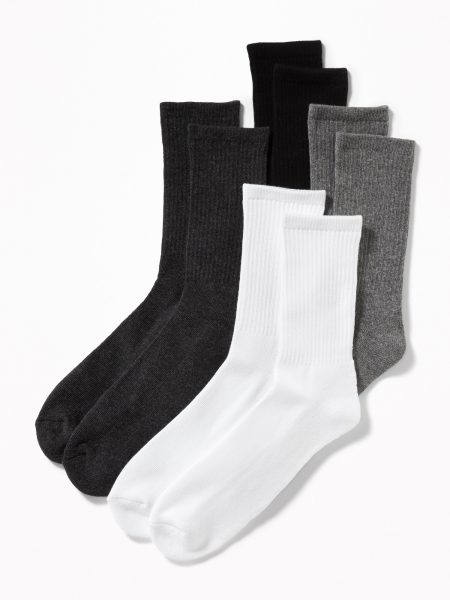Insulin prices rise, create disadvantages for diabetics
April 12, 2019
The dead rose in 1923 after being injected with Insulin. These people weren’t actually dead, but on the brink of it. Insulin is not a miracle revival drug, but the only viable treatment for type one diabetes (T1D), a condition in which a person’s immune system attacks the insulin producing beta cells of the pancreas. Even though T1D is a manageable disease, without daily Insulin doses, it can be fatal.
Before Frederick Banting discovered that Insulin was the solution to type one, sufferers would live a short life of pain and agony, forced to starve themselves to keep their blood sugars down. He and his other partners sold the patent for Inulin for only a dollar. They did not want to make a profit off it- saving peoples’ lives was payment enough. Insulin was made available to those who needed it at little to no cost.
Now almost 100 years later, some individuals with T1D are forced to ration their insulin because the price has nearly doubled, from $0.13 to $0.25 per unit, according to NBC.
As an individual with T1D, I am extraordinarily frustrated with the cost of the supplies that aid in my survival in a battle with a disease I did not choose to have. I can use anywhere from 40 to 60 units a day, meaning I burn through a vial of Insulin approximately every three weeks. One vial can cost up to $225.
It is not acceptable that individuals must pay so much out of pocket for a bottled hormone they cannot physically produce on their own. The increasing price of Insulin is profit for producers at the expense of those who need it. There is no reasonable excuse for the price inflation; There are no new positive side effects, nor a spike in usage over the past decade. Insulin is not the only medication that has seen a price hike.
The CEO of Mylan, the company that produces EpiPen’s, drove the price of the emergency antihistamine up by 400% in 2015. In response to public outrage, Mylan released a Generic version for $300, less than the price increase, but still more expensive than the original. Unfortunately, generic versions of insulin are only 15% less expensive, barely alleviating any of the financial burden that comes along with diabetes.
This egregious inflation desperately needs to be halted, and the price of insulin needs to be reduced.
Even with the consideration of its production costs and government regulations, pharmaceutical companies are still trying to make a quick buck off those with this disability.
Rationing insulin or skipping dosages can lead to a condition called diabetic ketoacidosis, where blood glucose levels are so high, the blood turns acidic, causing organs to fail. Repeatedly high blood sugars can also cause kidney damage and blindness.
The public needs to be outraged again and rally behind those with T1D, to force companies to tap into compassion and let go of corporate greed.






